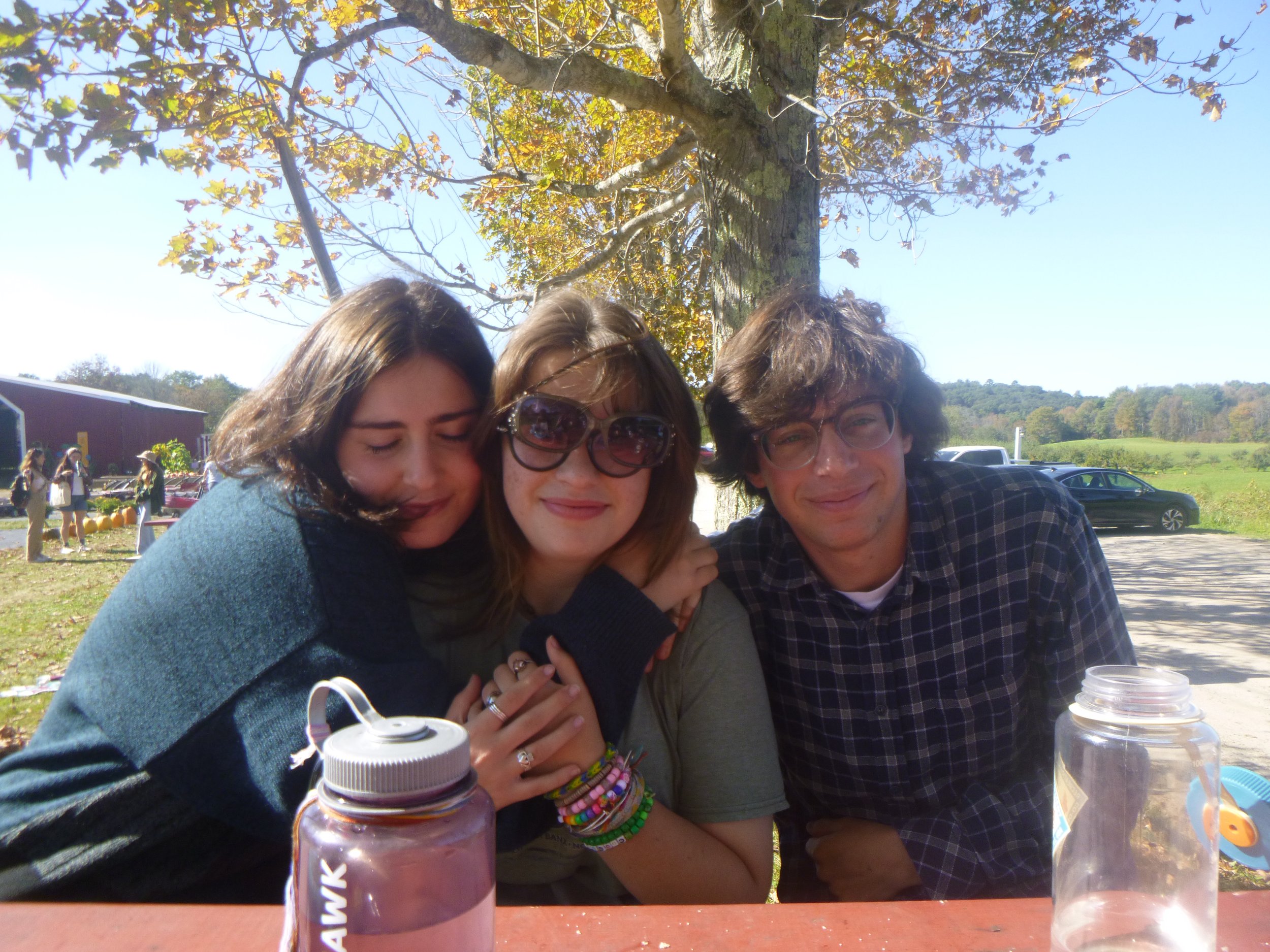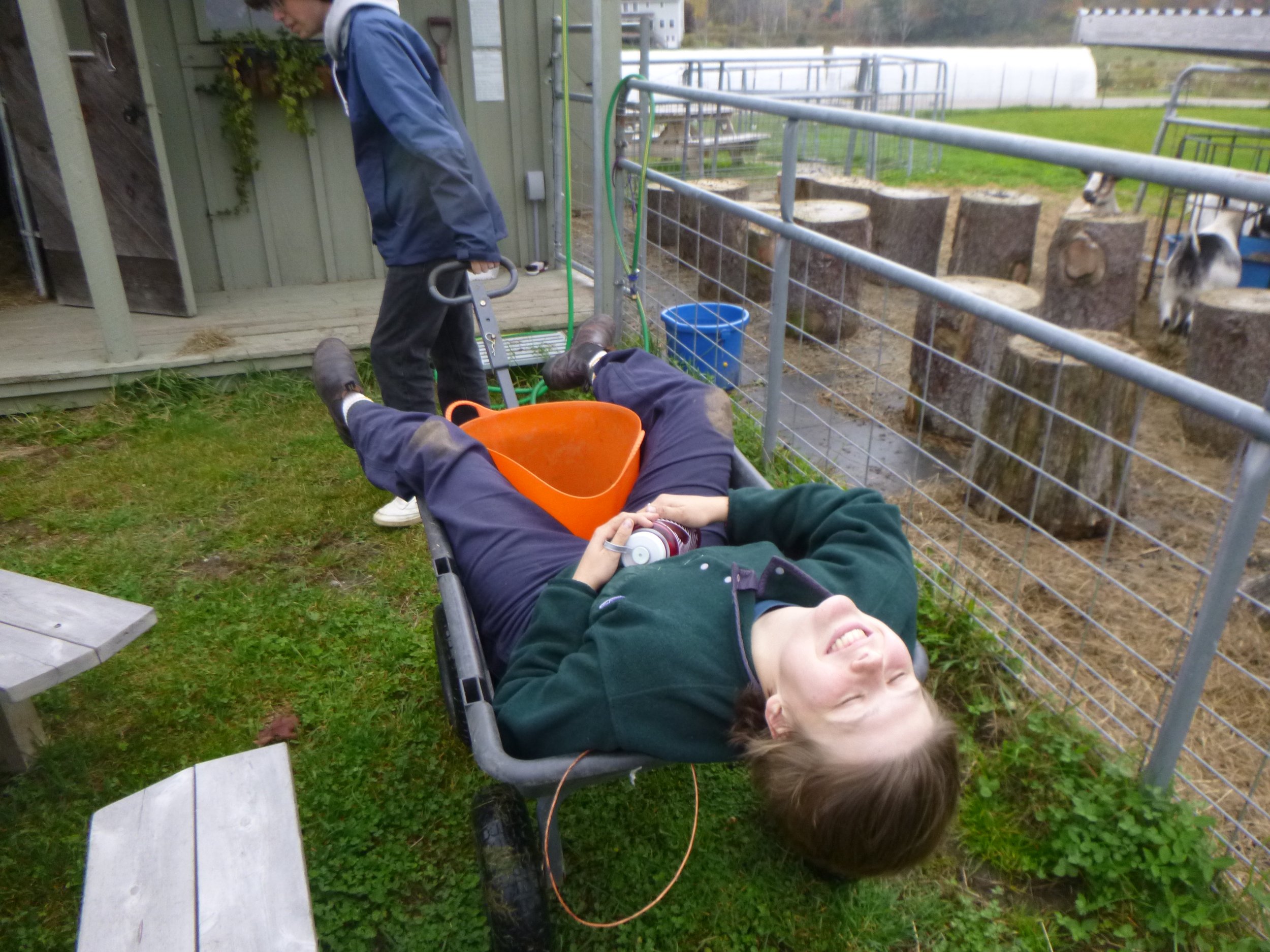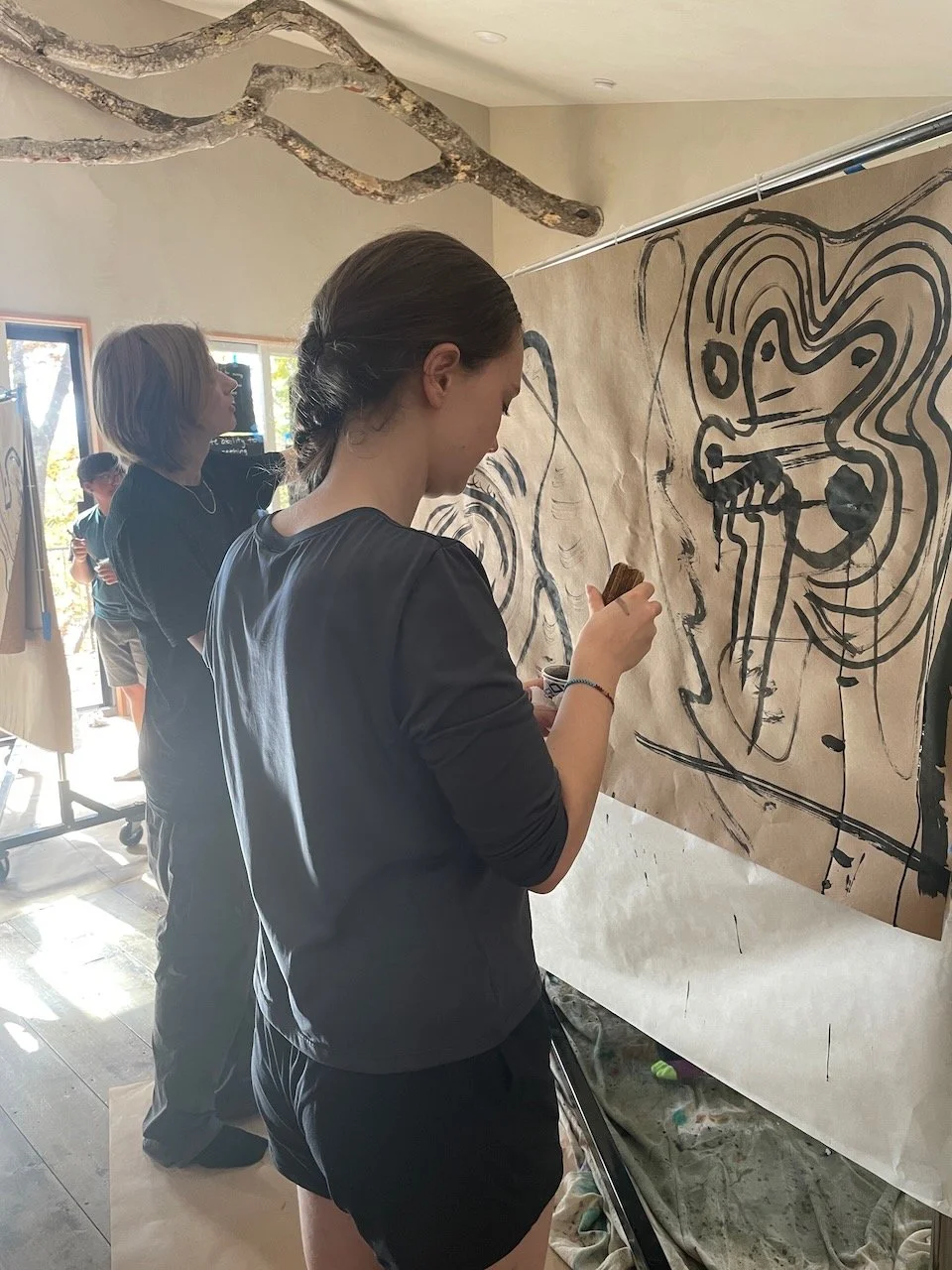There are no upcoming events at this time.
Info-Sessions
Good Life Gap Semester - Fall 2026
Good Life Gap Semester - Spring 2026
Good Life May Term - 2025
Wintering Writers Retreat - January 2026
Alumni Programs
Creative Residency and Internship
Maine Ecology & Art Residency






